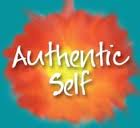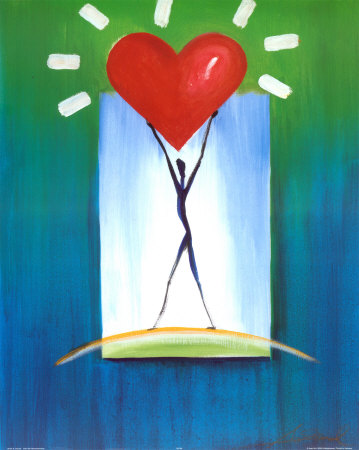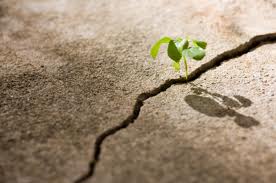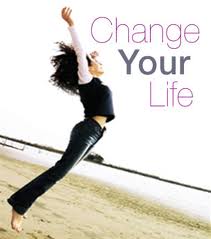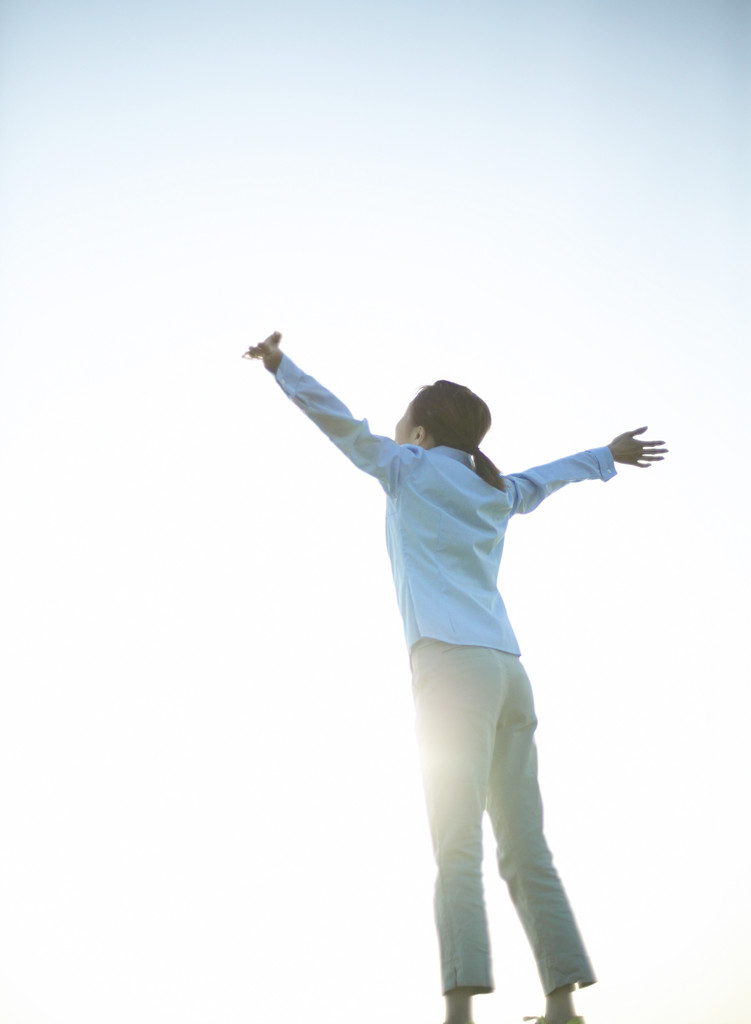Carl Jung, a colleague of Sigmund Freud and the founder of analytical psychology, first introduced the concept of psychological type in the 1920s with the idea that there are two basic attitude types—extroverts and introverts—and what he called the four functions of consciousness: thinking, feeling, sensing, and intuiting. Jung was the first to fully develop the idea that different people have different ways of perceiving and approaching the world, and that these differences are innate. For example, one person may use thought as a guide to making decisions, while another will follow their feelings. By identifying different psychological types, Jung laid the foundation for our modern-day understanding of personality.
Like Jung, I believe that we all have innate personality traits and temperaments. Most parents will tell you that they can identify traits in their own children from birth—distinct temperaments and predispositions. Some toddlers, for example, are quiet and still, hanging back, observing everything around them. Others jump into the fray feet first, full of energy and enthusiasm. However, research on twins reared apart, conducted over the past 30 years at the Minnesota Center for Twin and Family Research (University of Minnesota) by professor Thomas J. Bouchard, Jr. and his team, provides perhaps the most powerful evidence of innate personalities. In research originally published in the Journal of Personality and Social Psychology in 1988 and discussed at length in a New Yorker piece published in 1995, the Minnesota team assessed twin pairs for personality characteristics such as a “sense of well-being, social dominance, alienation, aggression, and achievement . . . They concluded that identical twins reared apart were as much alike as identicals reared together.” The Minnesota twin studies, combined with a slew of other studies conducted over the past two decades, provide ample evidence that we are born with certain personality characteristics.
Part of retrieving your authentic self involves identifying your innate personality traits, the characteristics you were born with that may have been suppressed through your life conditioning. For example, you may be more innately extroverted—more outwardly than inwardly directed. But say you grew up with a father who was an alcoholic and he’d fly into rages when he was drinking. Your coping mechanism may have involved staying below the radar screen and not making a peep. You withdrew from the world, a characteristic that’s in conflict with your true nature. In my coaching work, as part of the process of identifying clients’ innate personality characteristics, I use the Myers-Briggs Type Indicator (MBTI), a popular personality test developed by Katharine Cook Briggs and Isabel Briggs Myers in the 1940s based on Carl Jung’s theories. Since its inception, millions of people have taken the MBTI assessment, and it’s been updated and refined through ongoing research. The results are remarkably comprehensive and illuminating. But while the MBTI tool is valuable for helping people understand their innate natures, it is only one piece of the puzzle.
Unearthing your authentic self also involves identifying your true passions and strengths, as well as your interests and life purpose. I believe that we all have an inborn purpose, and fulfilling that purpose is critical to the quality of our lives and our sense of well-being. To be able to live from your authentic self you have to first know who you really are. What do you feel strongly about? What captures your interest? What inspires and motivates you? What is the contribution you’d like to be making in the world?
The process of retrieving and liberating the authentic self involves a good bit of detective work. Each of us is unique, and the formula for finding that uniqueness can be as individual as we are. But achieving that understanding can be transformational. As D. H. Lawrence wrote, “You’ve got to know yourself so that you can at last be yourself.”
Are you ready to liberate who you were born to be? Join Lauren 3/15-17, 2013 at Kripalu in Lenox, MA for the LIVE BOLDLY & LIBERATE YOUR AUTHENTIC SELF weekend workshop! For info and registration, click here.
WANT TO USE THIS ARTICLE IN YOUR E-ZINE, BLOG, OR WEB SITE? You can, as long as you include this complete statement at the end of the article:
© 2013 Lauren Mackler
Lauren Mackler is a world-renowned coach, psychotherapist, and author of the international bestseller Solemate: Master the Art of Aloneness & Transform Your Life. Sign up for her free Live Boldly e-newsletter at www.laurenmackler.com.


